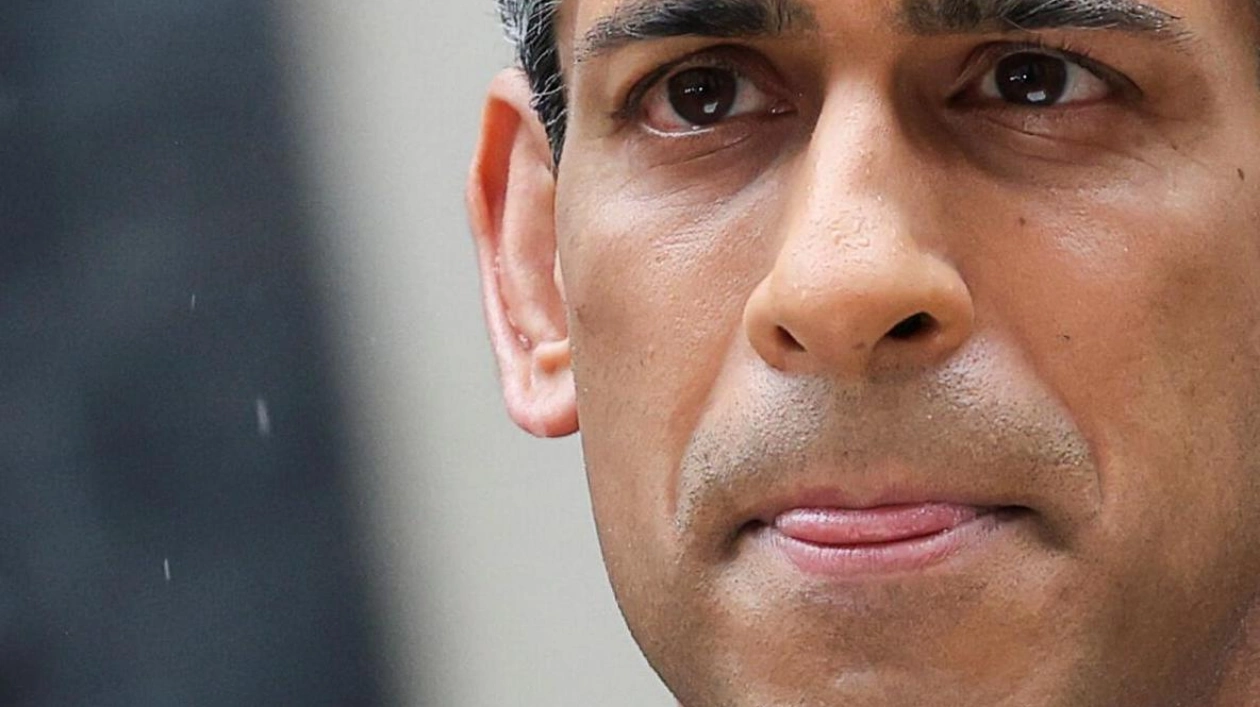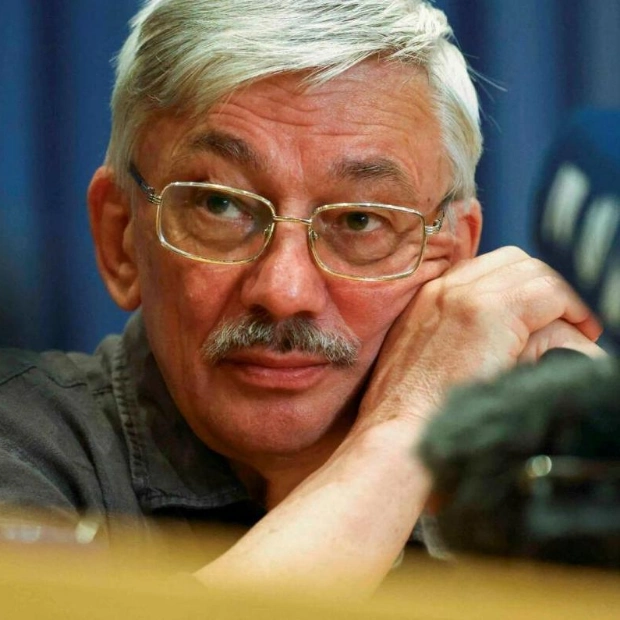Frustrated at his inability to effectively communicate with British voters, Prime Minister Rishi Sunak called for an election on Wednesday from a position of weakness.
Sunak, 44, heads into the election far behind the opposition Labour Party in opinion polls and increasingly dependent on a small team of advisers to guide him through what is expected to be a difficult campaign.
He is struggling to assert control over his governing Conservative Party, with some lawmakers already discussing his potential replacement after what many perceive as an inevitable election defeat.
Some party members criticize his tenure as prime minister, citing missed opportunities, while others believe he is more of a technocrat than a leader.
One Conservative insider mentioned that he had become increasingly distant, preferring to be left alone in his office and often dismissing his advisers and MPs as being wrong.
When he took office less than two years ago, Sunak, a former investment banker and finance minister, was initially lauded for bringing stability to an economy in crisis and for his approach to fiscal prudence and dealing with Northern Ireland's power-sharing government.
However, with many attributing the country's problems to his own party, Sunak has struggled to define his stance. His manifesto commitments were largely influenced by Boris Johnson, which left the Conservative Party deeply divided and leaning towards the right.
Despite attempting to rebrand himself as a bold reformer and a stable technocrat, his efforts, including two tax cuts in the last year, have failed to sway public opinion.
When he replaced his predecessor after a chaotic 49 days in power, Sunak faced one of the most challenging economic and political inheritances in recent history. His attention to detail, while valued by some, has been criticized for hindering quick decision-making, while continual criticism from disenchanted Conservative lawmakers has only fueled frustration in his office.
Hailing from a wealthy background, some argue that Sunak's personal wealth and elite education have disconnected him from the issues faced by many Britons. In the midst of a cost-of-living crisis, strained healthcare services, and infrastructure challenges, he faces further scrutiny over his handling of migrant arrivals, tax cuts, and public agenda.
Despite grappling with low approval ratings, Sunak enters the election with the hope of retaining support for the Conservatives, as noted by one Conservative lawmaker.






